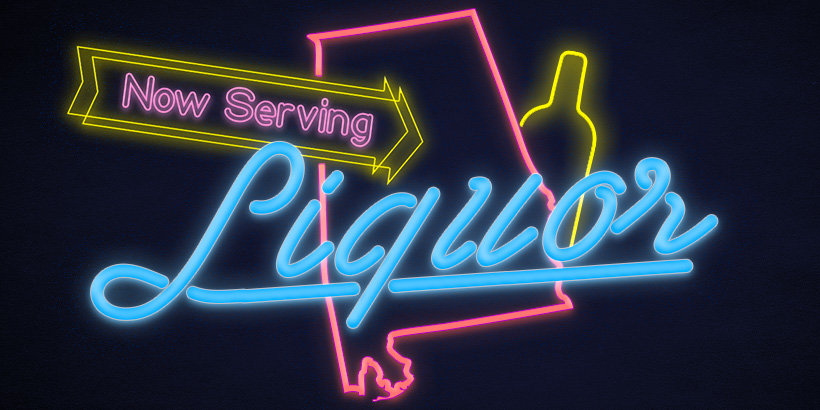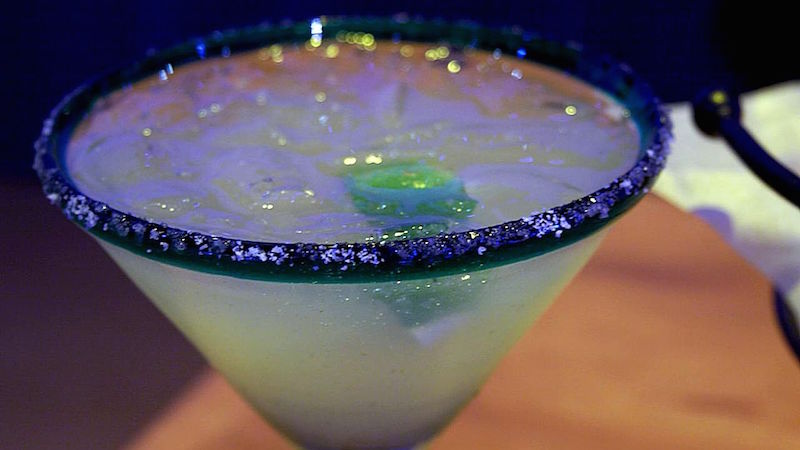
MONTGOMERY, Ala. — Since Prohibition was lifted in the 1930s, the State of Alabama has been a “Control State”, meaning the state directly controls the sale and regulation of alcohol. Currently liquor is still sold by the Alabama Alcoholic Beverage Control Board (ABC) in 176 state-operated locations, though private retailers are allowed to sell, as well. One Alabama lawmaker thinks it is high time to get the state out of the retail liquor business.
Senator Arthur Orr (R-Decatur) is sponsoring a bill this session that would get the ABC out of retail sales, but keep them in wholesale.
Here’s how liquor sales work in Alabama right now:
There is a $18.23 per gallon excise or “sin tax” on liquor that is applied to what is bought from the distillery at wholesale prices. In Alabama, only the ABC is allowed to buy from distilleries.
Then, the ABC puts another 30% markup on liquor to be sold in ABC-run retail stores or in privately-owned retail stores. Private store owners can receive a 10% discount if they buy by the case, but if they buy individual bottles—as is more common for restaurants and bars—this means that a consumer pays the same price for a bottle of alcohol from an ABC store that an owner of a private liquor store will pay for that bottle.
The owner of the private store will then need to include his own markup to cover any overhead of running the store and making a profit.
Since the ABC is not allowed to own any of its own buildings, every ABC store location is leased from a private owner. The bill, SB115, would decrease the ABC’s expenses in leasing store space as well as the cost of providing salary and state benefits to the approximately 600 ABC employees.
Senator Orr told the Times Daily in Florence that he believes the change would save the state $15 million a year, but the ABC says those savings probably wouldn’t materialize, and other Yellowhammer sources familiar with the bill say it could actually increase prices for consumers.
“Sen. Orr, in his bill, contends that the revenue to the state will remain the same, that it will actually go up because he will be divesting 600 employees,” government relations and communications manager for ABC, Dean Argo said. “Our position is that you can’t save something you’re not spending. The state can’t save those 600 employees and benefits because the state’s not spending it. It’s coming from revenue generated from sales.”
ABC revenues go to the General Fund budget, paying into programs like mental health, law enforcement, and the Department of Human Resources. In fiscal year 2013, the ABC disbursed $202 million in revenue to state and local governments.
Proponents of the bill, which has garnered two co-sponsors in the Senate this year, say that getting the state out of the liquor business only makes sense.
“We don’t need to be in the retail business in alcohol,” said Senator Tim Melson (R-Florence), a co-sponsor of the bill. “I don’t think we should be competing with private industry.”
Opponents say the bill, as it’s written, would increase prices for consumers and drive Alabamians to buy more liquor in neighboring states, where it is significantly cheaper.
A very similar bill was introduced in the 2014 legislative session, but was never even heard by a committee. This year, the presence of two co-sponsors and the concern of the shortfall in the general fund’s budget suggests the bill may have a better chance of making it to the Senate floor.
Where do you stand? Should Alabama get rid of state-run stores, even if it increases prices? Would you be more or less likely to support the bill if it decreased the price of alcohol in Alabama?
Create your free online surveys with SurveyMonkey , the world’s leading questionnaire tool.
Like this article? Hate it? Follow me and let me know how you feel on Twitter!
— Elizabeth BeShears (@LizEBeesh) January 21, 2015












